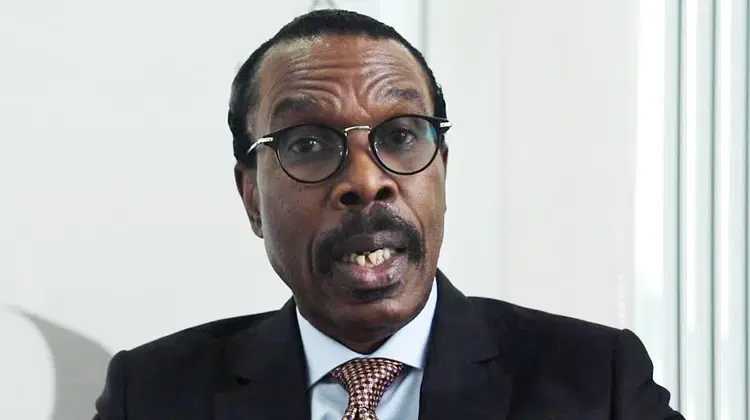Nigeria will need to attract $12 billion in annual investments to achieve President Bola Tinubu’s target of producing 3 million barrels of oil per day (bpd) and 12 billion cubic feet per day (bcfd) of gas by 2030, according to global energy research firm Wood Mackenzie.
In its latest assessment of the country’s oil and gas sector, the firm revealed that investment has declined sharply over the past decade — dropping from $29 billion in 2014 to $5 billion in 2024, a cumulative shortfall of $24 billion.
Once a key player in global oil and gas supply, Nigeria—rich in hydrocarbon resources—was among the most important production hubs for major international oil companies, WoodMac noted.
However, the firm observed that persistent operational and investment challenges have led to a 40% decline in national liquids output since its peak in 2005, with current production at around 1.6 million barrels per day.
The decline has been compounded by IOCs redirecting capital to more cost-effective and lower-risk regions.
“Elected in 2023, in his role as Federal Minister of Petroleum Resources, President Tinubu has set ambitious new oil and gas production targets – 3 million bpd of liquids and 12 bcfd of gas by 2030.
“A culture change has begun with sweeping changes to the board at national oil company NNPC, more supportive fiscal policies and a suite of new JV operators suggesting the ingredients to drive growth are finally falling into place. The big question is: will the industry deliver?
“Investment has suffered a steep fall from a peak of $29 billion (real) in 2014 to just over $5 billion in 2024. We believe the latter is the absolute minimum required merely to sustain current levels of production. But to achieve the president’s targets, spending needs to more than double to $12 billion a year immediately and continue growing for the rest of the decade.
“There are already signs that things are moving in the right direction. Renaissance Africa Energy Company alone plans to invest $15 billion over five years, and we expect an uptick in activity by Oando and Seplat from their recently acquired assets. Shell has committed $5.5 billion at Bonga North and ExxonMobil could commit up to $10 billion on the Usan, Owowo and Erha fields,” Woodmac stated.
The company observed that indigenous oil companies are outperforming expectations in marginal field production. However, it emphasized the need for these firms to shift toward a growth-focused approach.
From its engagements with industry stakeholders, the firm outlined key areas for reform, urging both government and operators to act with greater collaboration, urgency, and pragmatism.
“NNPC can’t do it alone, it will require collaboration to unlock the growth potential. All operators must bring forward their top opportunities and work programmes. A common understanding and line of sight to where the incremental volumes will come from is a priority. Only then can partnerships and investment unlock synergies and tackle bottlenecks that have eluded the industry in the past.
“With 2030 targets looming, there is no time to lose. Delays in sign-offs and overbearing regulatory burdens can no longer be tolerated. Incentives provided to the industry are a good start, but the fiscal system remains complex and Nigeria is competing in a buyers’ market,” the research firm added.
The organisation pointed to Angola as a recent success story in West Africa, crediting its increased oil sector activity to proactive regulatory engagement, improved fiscal terms, and consistent licensing rounds.
For Nigeria to bring new greenfield projects onstream by 2030, the firm noted that two key shifts are essential: swift approval of development plans and a pragmatic approach to regulatory hurdles that may impede progress. It also stressed the need to prioritise new sources of production to meet national targets.
“Not everything needed to get to the targets are under the government’s or industry’s control, of course. Volatile oil prices are already taking their toll on discretionary upstream spend globally. Moreover, many of the Nigerian indigenous companies have taken on considerable debt to acquire assets.
“But there is limited capacity for debt-fuelled growth, particularly in what remains one of the higher-cost and higher-risk oil and gas plays. The most viable route to accelerating growth is recycling cash flow from operations back into the assets, which is dependent on firm and stable oil prices,” it added.
To achieve its ambitious goal of not only sustaining current oil output but also adding 1.3 million barrels per day of crude and 4.6 billion cubic feet per day of gas within five years, WoodMac stressed that Nigeria must critically reflect on the challenges it has faced in recent years.
“Even if Nigeria gets halfway towards its targets, it will be a significant success and would restore the industry’s faith in the country,” it said.











